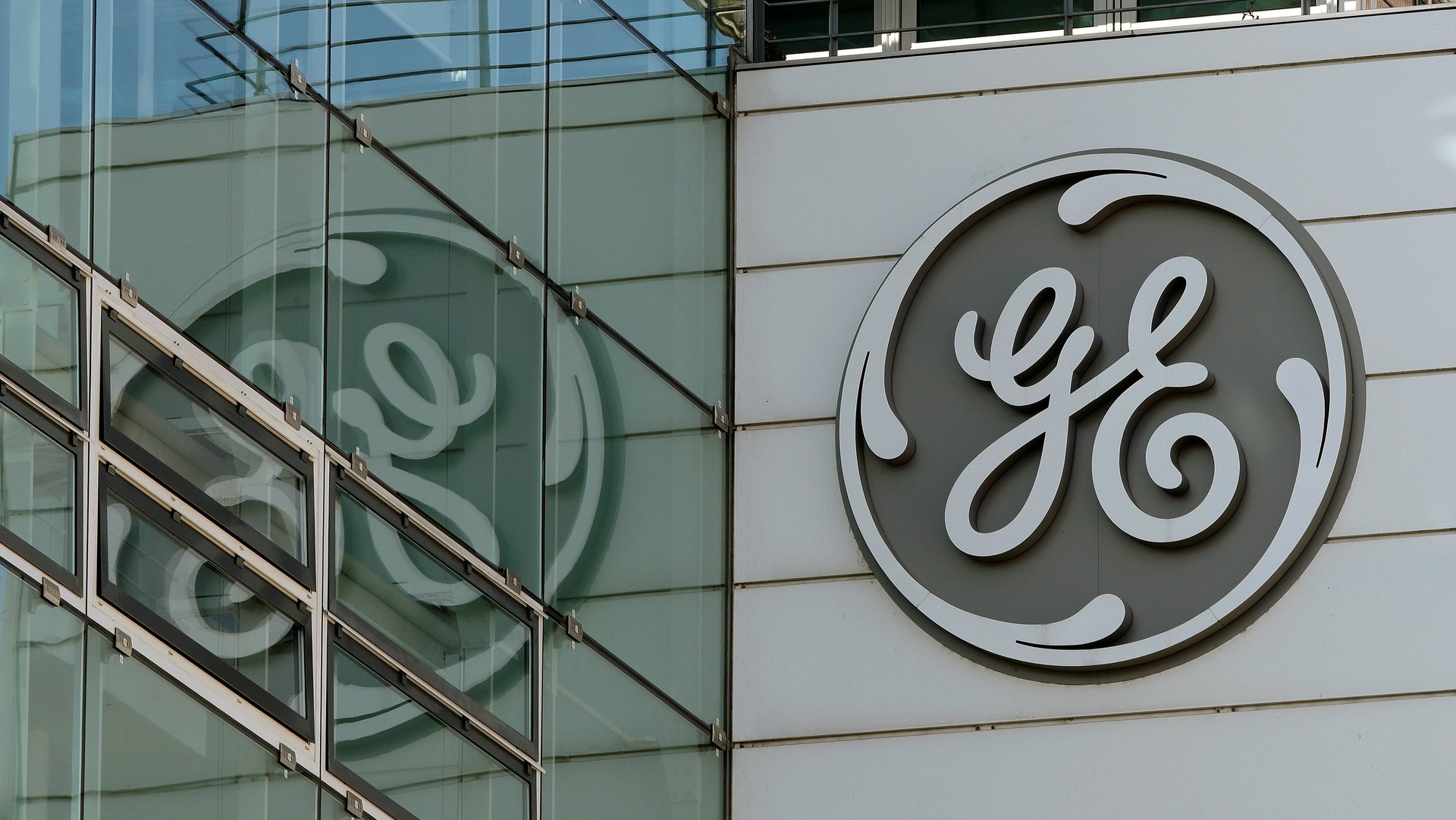GE was very nearly the worst-performing US stock of 2018
Many US investors would rather forget 2018. Especially General Electric stockholders.


Many US investors would rather forget 2018. Especially General Electric stockholders.
Markets have been dragged down by the US-China trade war, as well as concern that the Federal Reserve is taking the punch bowl away from the stock market’s party. Even so, GE’s plunge stood out: It was among the worst-performing equities in the S&P 500 index of US stocks, falling to levels last seen in 2009 amid the Great Recession.
GE was founded at the end of the 19th century and was still one of the most valuable companies in the world at the turn of the most recent one, with businesses that ranged from jet engines to media. Since then its market value has slipped from around $600 billion in 2000 to around $65 billion. The conglomerate, which had come to rely on its GE Capital unit for much of its profit, nearly collapsed during the financial crisis and was rescued by the Fed.
While its stock showed signs of recovering in the years after the panic, those gains evaporated and turnaround plans from two CEOs—Jeffrey Immelt and then John Flannery—including a focus on core businesses, failed to reassure investors. GE’s new exec, Larry Culp, is trying to restore profits after the company lost more than $20 billion in the third quarter, a loss driven by its faltering power unit. To preserve cash, GE slashed its once-generous stock dividend.
In the meantime, the company founded by Thomas Edison also had its credit-rating cut and lost its spot in the Dow Jones Industrial Average. Bad news, from write-downs to regulatory scrutiny over its accounting practices, has piled up.
GE’s decline from industry titan to crumbling turnaround project was chronicled (paywall) in a Wall Street Journal article this month. It described an industrial company that used profits from its GE Capital unit to paper over weaknesses in other parts of its sprawling businesses.
Could 2019 be a better year for GE? Some analysts appear cautiously more optimistic. The company may sell its healthcare business in an IPO and reorganize its software business, according to a CNBC report. As “Mad Money” host Jim Cramer said, “an epic eulogy” in the Wall Street Journal sometimes marks the bottom for a stock. Even so, the CNBC anchor and former hedge-fund manager admitted he wasn’t ready to bet on GE just yet.